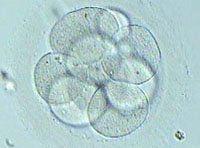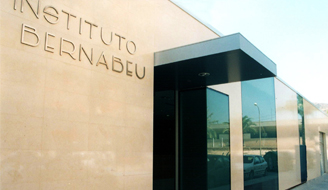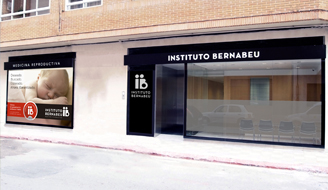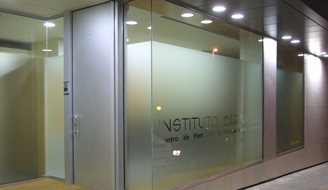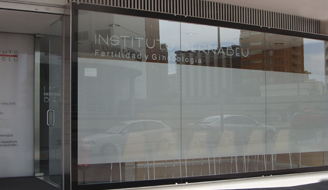International publication: The paternal effect of chromosome translocation carriers observed from meiotic segregation in embryos
PGD allows for the study of possible chromosomal and/or genetic anomalies in an embryo before their being transferred to the mother's uterus. The final goal is to achieve healthy offspring and bring the transmission of determined illnesses to an end. The carriers of structural chromosomal alterations can benefit from PGD. The importance of being a carrier of an alteration of this type is that eggs and sperm that are produced can possess chromosomal imbalance and as such the embryo or the resulting pregnancy will inherit this imbalance. This provokes the embryo not to implant itself, that the pregnancy is miscarried or that the child is born with physical disabilities or learning difficulties. Patients with this type of alteration experience multiple miscarriages or can give birth to children with life-threatening illnesses. PGD allows for the selection of embryos without the imbalance in order to achieve a full-term pregnancy.
Our Group's paper published in this May's edition of Human Reproduction outlines how the alterations in chromosomal alterations are distributed in gametes of patients who are carriers depending on whether the carrier is male or female. In this way it can be estimated concretely the probability of having a healthy child as well as giving information in order to develop the most appropriate diagnosis strategy for each case.
Authors:
Lledó B., Ortiz J.A., Morales R., Ten J., de la Fuente P.E., García-Ochoa C., Bernabeu R.
Publication:
http://www.institutobernabeu.com/upload/ficheros/publicaciones/deq111v1.pdf
Scientific Publications:
http://www.institutobernabeu.com/en/publicaciones-cientificas/
